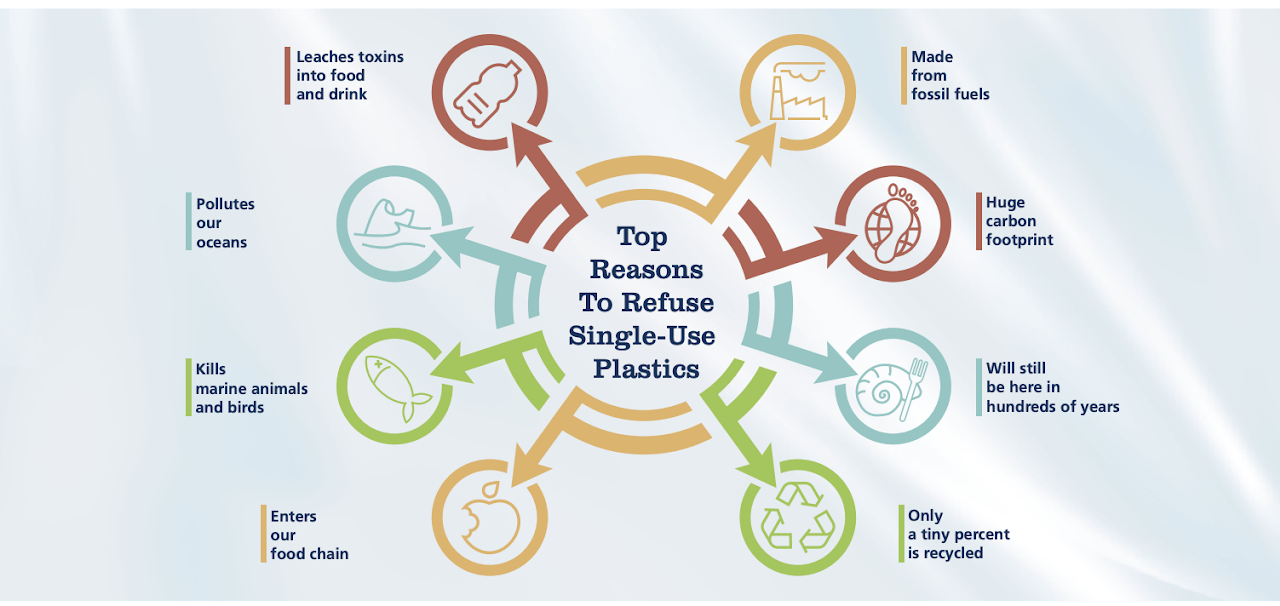
We all have a responsibility to reduce our consumption of single use plastics. Compostable products are generally made from plant waste like sugarcane bagasse, wheat hemp, fallen tree leaves (Sal leaf/Areca/Palm leaves) , so use less CO2 to produce are sustainable and helps the circular economy.
Composting can reduce the volume of organic waste quite significantly, while the compost produced can be used for agricultural and horticultural purposes. About 50% of all domestic waste comprises organic material, a percentage that is set to grow in the future owing to the growing popularity of biodegradable products (packaging material, disposable cutlery and plates, …).
Benefits of Bagasse
-
Bagasse is a dry pulpy fibrous material that remains after crushing sugarcane to extract their juice
-
Biodegradable and compostable
-
Microwaveable
-
Suitable for hot, cold and oily foods
-
Refrigerator safe
Other Symbols
Paper, card and wood The Forest Stewardship Council (FSC) logo identifies wood-based products from well managed forests independently certified in accordance with the rules of the FSC.
Plastic Recycling
Recycling is the process of converting waste materials into reusable resources, thereby reducing the consumption of new raw materials and minimizing the negative impact on
Compostable Symbols
Industrial Compostable Compostable products are governed by the EU regulation EN 13432. To meet these requirements the product must degrade when placed in an industrial composting
